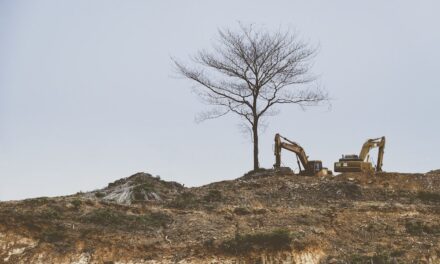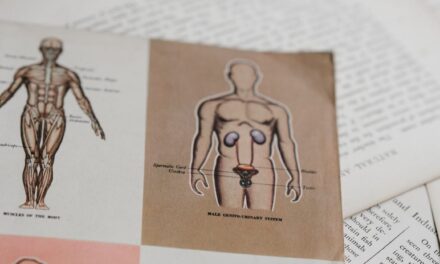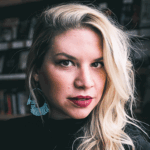Dave Nielsen is a new volunteer here at CR, and as a reward for reading the 16th edition of the Chicago Manual of Style cover to cover—a task he completed in a mere 21 hours—we gave him a back issue and some old electrodes we had lying around. When Dave returned the following week for his office hours, he was in a state of agitation that can perhaps best be described as “post-lingual.” After several hours, we realized Dave was actually speaking backwards. It seems that Chase Twichell’s “Raw Umber” was so mind-bogglingly good it had completely scrambled the speech center in Dave’s brain. (Possibly the electrodes were involved.) After transcribing Dave’s spastic utterances using a mirror trick, here is what we found he was saying:
Dave Nielsen: On the surface, everything about “Raw Umber” is quiet and discreet, even its rhymes (feeding/eaten, shallows/all, leaves/me, ghost/close). Quiet and discreet, we might say, as a morning walk. On the subject of walks, James Dickey said that the poet is “someone who notices and is enormously taken by things that somebody else would walk by.” “Raw Umber” begins with a gruesome image—but it is a gruesomeness the poet must reveal to us, for I doubt it is one that the average power walker would notice: “This morning tadpoles were feeding// on a white frog in the shallows,// the face having already been eaten// down to the eyeholes and hard lips.// By noon there was no frog at all.”
From this image the poem lifts off like a hang-glider—that is to say, it remains in the vicinity, hovering, circling, as the speaker tries to make sense, not of this unceasingly violent and ghastly world we find ourselves in, but rather our role within it. The poem reminds us that three steps from our back patios, or perhaps somewhere between stop signs on the road to the library, we may unexpectedly be confronted with a startling reminder of death. But how do we bear it? And why do we keep chasing the memory of its image?
Chase Twitchell
“Raw Umber”
This morning tadpoles were feeding
on a white frog in the shallows,
the face having already been eaten
down to the eyeholes and hard lips.
By noon there was no frog at all.
The raw umber of decaying leaves
beneath the corpse comes back to me,
but the face, its precise
unreadable shock, is now a cloud.
Why do I chase this morning’s ghost?
When it appeared, I looked away.
Now I want to see up close
the face of the one who was just here.
(Poem reprinted by permission of the author.)










